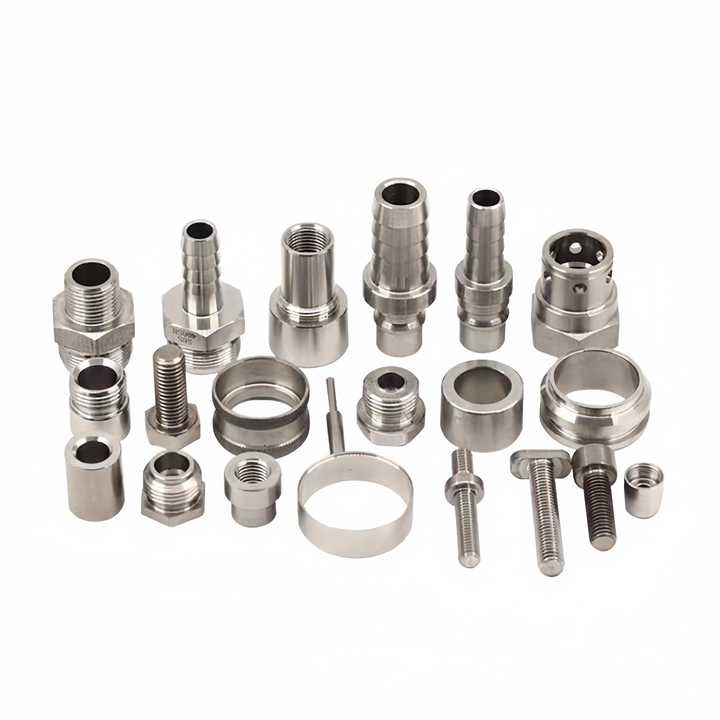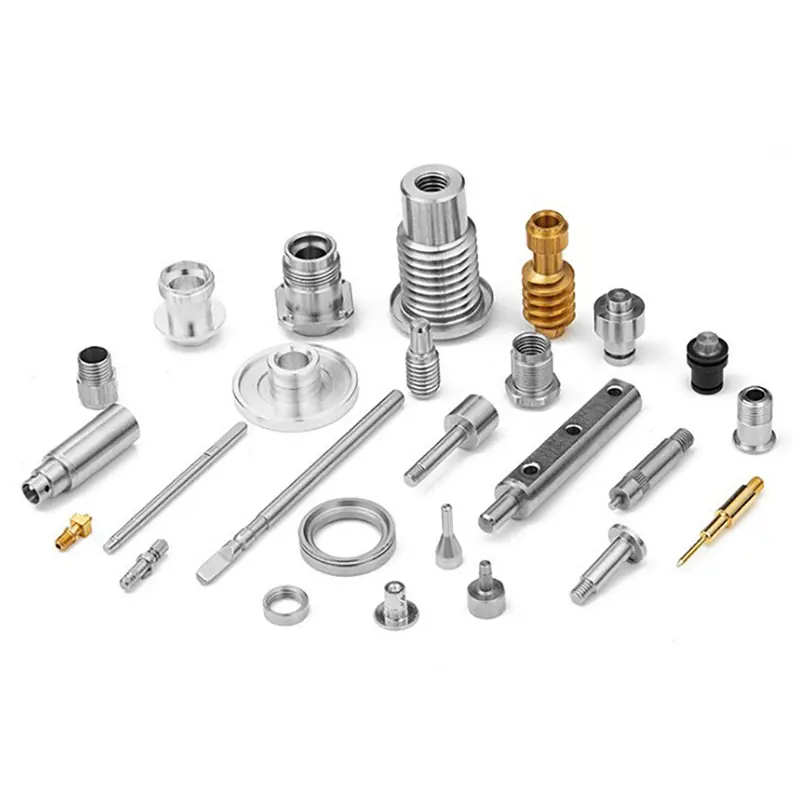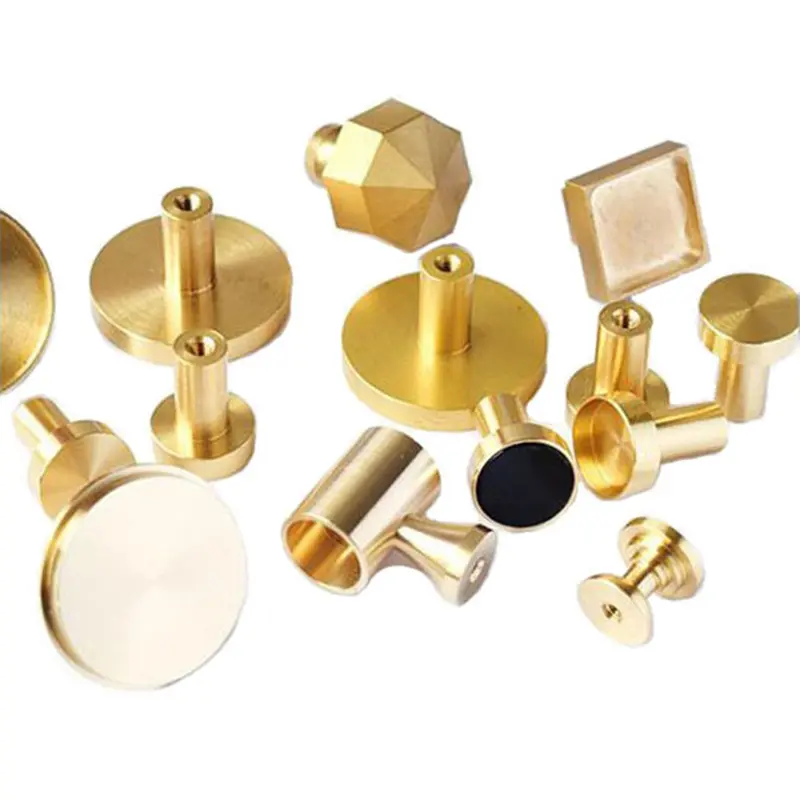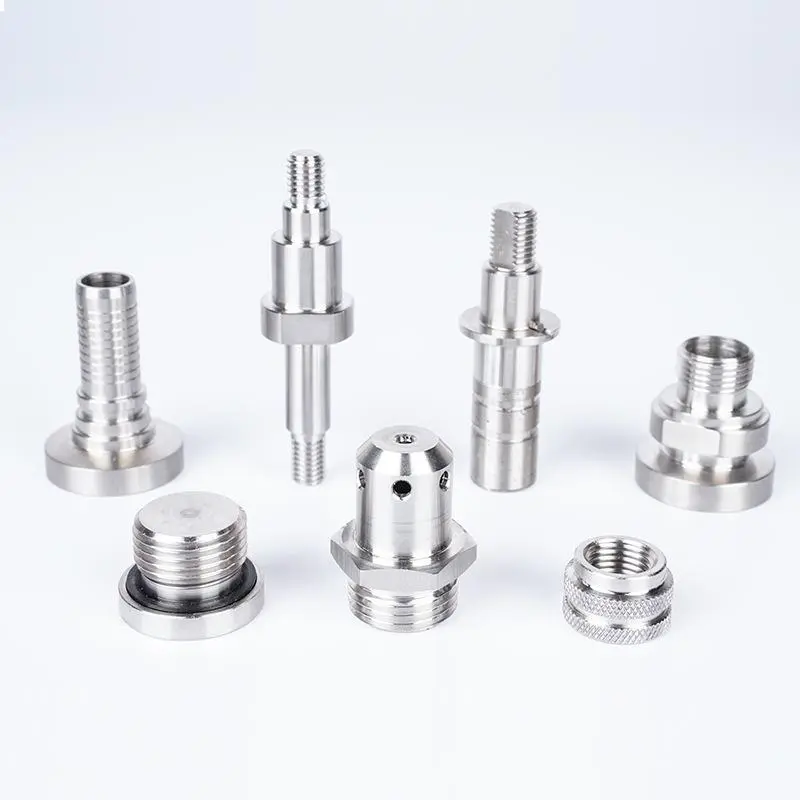The Importance of Precision Parts in Manufacturing: Enhancing Efficiency and Quality
Published Time:
2025-11-22
In the manufacturing and machining industry, precision parts are critical components that significantly influence the overall performance of machinery. These parts are designed to meet stringent specifications, ensuring that they fit perfectly within the larger assembly. The importance of precision parts lies in their ability to enhance efficiency, reduce waste, and improve the longevity of equipment.
First and foremost, precision parts contribute to the efficiency of manufacturing processes. When components are manufactured with high precision, they require less adjustment and rework. This means that machinery can operate smoothly and effectively, leading to increased production rates. For instance, in complex assemblies, even slight deviations in part dimensions can lead to misalignment, causing machinery to malfunction or operate inefficiently. By using precision parts, manufacturers can minimize these risks, ensuring that their machinery runs at peak performance.
Moreover, precision parts play a pivotal role in maintaining product quality. In industries such as automotive, aerospace, and electronics, the reliability of the final product depends on the accuracy of each component. High-quality precision parts ensure that the final assembly functions as intended, meeting safety standards and customer expectations. For example, in the aerospace sector, even the slightest error in a component can have dire consequences. Therefore, investing in precision parts is essential for companies that prioritize quality and safety.
In addition to efficiency and quality, precision parts also contribute to cost savings in the long run. While the initial investment in high-precision components may be higher, the reduction in material waste and labor associated with reworking faulty parts can lead to significant savings. Furthermore, machinery that operates with precision parts often requires less maintenance, extending its operational lifespan and reducing the need for costly repairs.
The use of advanced technologies such as CNC machining and 3D printing has further enhanced the capabilities of precision part manufacturing. These technologies allow for intricate designs and high tolerances that were once unimaginable, enabling manufacturers to produce parts that meet the most demanding specifications.
In conclusion, the significance of precision parts in the manufacturing and machining industry is undeniable. They enhance efficiency, ensure product quality, and can lead to long-term cost savings. As industries continue to evolve and demand higher standards, the reliance on precision parts will only increase. Companies that recognize the value of these components will be better positioned to thrive in a competitive market, delivering superior products and satisfying customer needs. Embracing precision parts is not just a choice; it’s a necessity for success in today’s manufacturing landscape.
First and foremost, precision parts contribute to the efficiency of manufacturing processes. When components are manufactured with high precision, they require less adjustment and rework. This means that machinery can operate smoothly and effectively, leading to increased production rates. For instance, in complex assemblies, even slight deviations in part dimensions can lead to misalignment, causing machinery to malfunction or operate inefficiently. By using precision parts, manufacturers can minimize these risks, ensuring that their machinery runs at peak performance.
Moreover, precision parts play a pivotal role in maintaining product quality. In industries such as automotive, aerospace, and electronics, the reliability of the final product depends on the accuracy of each component. High-quality precision parts ensure that the final assembly functions as intended, meeting safety standards and customer expectations. For example, in the aerospace sector, even the slightest error in a component can have dire consequences. Therefore, investing in precision parts is essential for companies that prioritize quality and safety.
In addition to efficiency and quality, precision parts also contribute to cost savings in the long run. While the initial investment in high-precision components may be higher, the reduction in material waste and labor associated with reworking faulty parts can lead to significant savings. Furthermore, machinery that operates with precision parts often requires less maintenance, extending its operational lifespan and reducing the need for costly repairs.
The use of advanced technologies such as CNC machining and 3D printing has further enhanced the capabilities of precision part manufacturing. These technologies allow for intricate designs and high tolerances that were once unimaginable, enabling manufacturers to produce parts that meet the most demanding specifications.
In conclusion, the significance of precision parts in the manufacturing and machining industry is undeniable. They enhance efficiency, ensure product quality, and can lead to long-term cost savings. As industries continue to evolve and demand higher standards, the reliance on precision parts will only increase. Companies that recognize the value of these components will be better positioned to thrive in a competitive market, delivering superior products and satisfying customer needs. Embracing precision parts is not just a choice; it’s a necessity for success in today’s manufacturing landscape.
NewsCenter
Beijing Pafinal Precision Machinery Co., Ltd.
Email:sales@pafinal.com

Address: No. 239 Huanhe South Road, Tianjin Pilot Free Trade Zone (Airport Economic Zone), Tianjin
中企跨境-全域组件
制作前进入CSS配置样式
sales@pafinal.com:
Whatsapp:
在线客服添加返回顶部
图片alt标题设置: PAFINAL
表单验证提示文本: Content cannot be empty!
循环体没有内容时: Sorry,no matching items were found.
CSS / JS 文件放置地




 2026-01-10
2026-01-10


